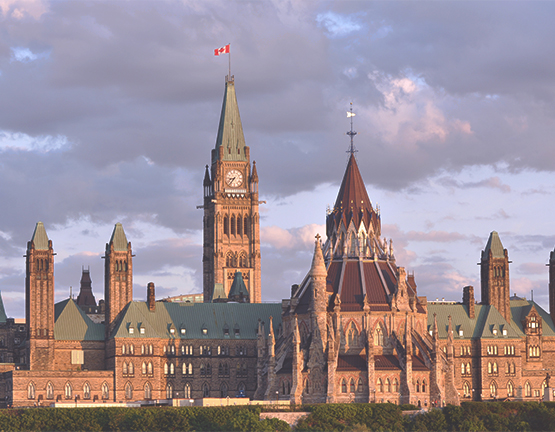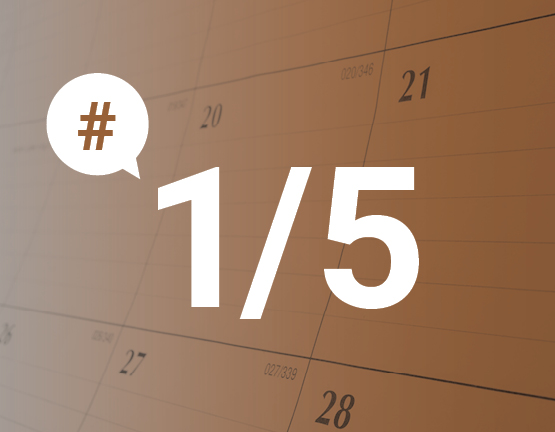One of the most important provisions of a will is the designation of an executor to handle the estate. This person – who can only be designated in the will – is going to inherit some heavy responsibilities… without necessarily being an heir of the estate him- or herself.
Here are three key questions that provide an overview of the main factors you might want to think about when designating the executor of your own estate.
1. What are the executor’s responsibilities?
The executor is the person responsible for administering your estate and seeing that the wishes expressed in your will are respected.
When you die, the executor’s duties include:
- putting your will through probate and paying the associated fees in order to have authorization to proceed with the distribution of your estate (note that this requirement may vary depending on the province)
- making an inventory of your assets and establishing the value of your estate
- filing your final income tax return
- paying your taxes
- settling your debts
- and distributing the net assets to your heirs
Often tedious even when the estate is very simple, these tasks can become extremely involved in the case of a more complex estate that includes, for example, an income property, business, holding company, foundation or trust (existing or to be set up under the terms of the will). In particular, the executor is expected to establish the fair market value of any taxable assets that you will be deemed to have disposed of, and then calculate the realized capital gain and pay the related taxes.
2. What criteria should be considered when choosing an executor?
When you make someone the executor of your estate, you’re not doing them a favour: on the contrary, you are asking them to do you a favour “post mortem.” The successful administration of your estate could well depend on your choice of executor. Here are four criteria to consider:
- Competence
Considering the “marching orders” described above, it could be helpful if the person is not a complete neophyte when it comes to wills. A basic understanding of the legal and tax aspects of an estate would be desirable.
- Integrity
An executor may at times have to mediate conflicts, ensuring never to put his or her interests first, especially when the executor is also one of the heirs. Because of this, the person’s reputation for honesty and integrity could be an important criterion.
- Maturity… within reason
It is not generally recommended to designate a very young person as executor since they may lack the necessary experience. But neither should the executor be too old, the principle being that this person would need to have a reasonable probability of outliving you.
- Proximity
This criterion might seem unimportant, but an executor needs to have access to all of your documents and will have to do some running around – to financial institutions and government offices, for example – to get the required tasks done. Living near you could make these things much simpler.
3. Is the designated executor legally obligated to accept the responsibility?
The answer is simple: no. That’s why it is generally recommended to obtain the person’s consent when you make the will, rather than having them presented with a done deal after your death.
However, it’s important to understand that the person can refuse to act as the executor even after having accepted the designation, and even after having started to do the work. There could be many reasons for this, including changes in the executor’s personal situation that would prevent him or her from carrying out the required duties. To address this possibility, two executors could be designated and/or a substitute could be named in case the initial executor were to withdraw.
Another approach often used, especially for complex estates, is to designate a professional as the executor. Financial institutions, accountants, notaries and lawyers often provide this type of service.
No matter who you choose, experts recommend facilitating the executor’s job by drawing up, sooner rather than later, a comprehensive list of professionals and institutions to be contacted: your mutual fund representative, financial services professional, accountant, lawyer, notary, and all the financial institutions where you have accounts or contracts in force, notably your credit union, bank and insurance companies. It might also be wise to review your will regularly to ensure that your choice of executor is still the right one.
Now, where to start? A good first step might be to talk to your independent advisor. They can offer you valuable guidance and direct you to qualified resources.
The following sources were used to prepare this article:
Canadian Legal Wills, “Executor Responsibilities.”
Get Smarter About Money, “Choosing an executor.”
Investopedia, “The Executor Checklist: 7 Tasks Before They Die.”
Lawpath, “Can I refuse to be the Executor of a Will?.”
Les Affaires, “Comment choisir le liquidateur de votre succession.”
MoneySense, “Choosing the right executor.”




